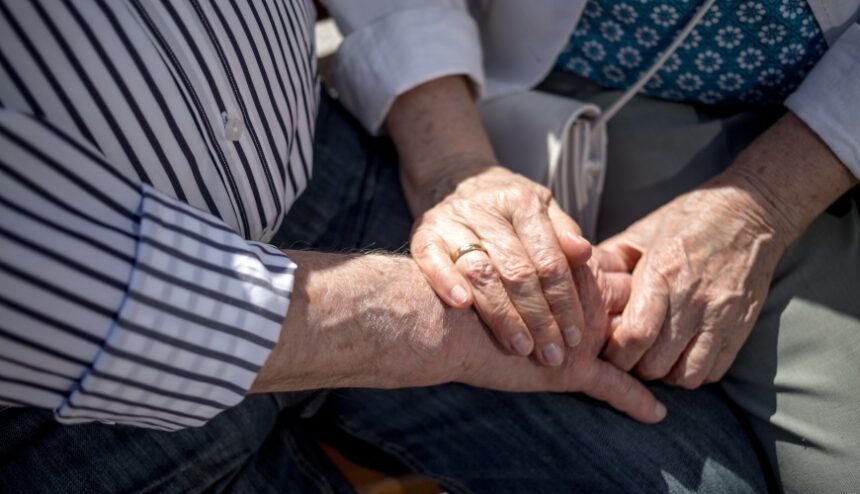Alzheimer’s has a resounding impact on the families and the caregivers of those with the disease. Alzheimer’s disease, also called senile dementia, affects more than five million Americans of all ages.
When a person develops Alzheimer’s, their brain cells begin to degenerate. One potential cause of this progression are problems with malfunctioning brain proteins that interfere with brain cells and lead to these events. Ultimately, when brain cells are damaged, they lose their connections and die. This occurrence is the most common cause of dementia—impacting a person’s decline in the ability to think and reason, and affecting their behavioral and social skills.
Early signs of Alzheimer’s are mild, such as when a person becomes forgetful of events or conversations. As the disease advances, memory impairments become worse and other symptoms hinder their ability to function independently—they may neglect standard hygiene such as showering or dressing.
While everyone has times of forgetfulness, people with Alzheimer’s may:
- Repeat themselves continually
- Misplace items in unusual places
- Become lost in areas they are familiar with
- Forget names of family, friends, and familiar objects
- Have difficulty expressing themselves or conversing
A person with Alzheimer’s may experience personality changes as the disease progresses, including mood swings; becoming depressed, apathetic, irritable, aggressive, or suspicious of others; having an increased tendency to wander, and other noticeable changes.
Poor heart health may increase the risk of getting Alzheimer’s—factors such as obesity, smoking, high blood pressure or cholesterol, or poorly managed type 2 diabetes. To alter your risk, address these issues with your doctor or the doctor of your loved one, then incorporate regular exercise and follow a low-fat diet with many fruits and vegetables in order to improve your overall health or the health of the person under your care.
Support for Caregivers
If you are an in-home caregiver of someone with Alzheimer’s or dementia, it is important to stay in contact with their doctor. Also, don’t neglect your own health and well-being—find your own support people and reach out to a home health service for assistance as needed in helping with the one for whom you are caregiving.
It is equally important to seek help if you finally become unable to care for a family member or friend on your own. While no one is eager to move their parent, partner, or loved one into a care facility, be aware that it may become necessary for you to make that decision. If there is a danger of them turning on the stove and forgetting about it or taking the family vehicle on a drive, or wandering off on their own, these are warning signs that it may be time to seek out an assisted living arrangement—for their safety, as well as your own.
Above all, it’s important to remember that if you have concerns about your own memory or that of a family member, contact your doctor for a thorough assessment and diagnosis.
Therapy Assistance for Individuals with Memory Loss
For challenging tasks due to diminished memory, testing and therapy services are available. Occupational therapists at Glacial Ridge have specialty certification in memory screening and testing, and cognitive testing that may assist the individual’s doctor with a diagnosis. For safe driving concerns – they can administer the Driver Off Road Assessment (DORA). Furthermore, speech therapists are specially trained to help patients struggling with swallowing and speech. Visit our Therapy Services page for more details and to meet our physical, occupational, and speech therapists.


